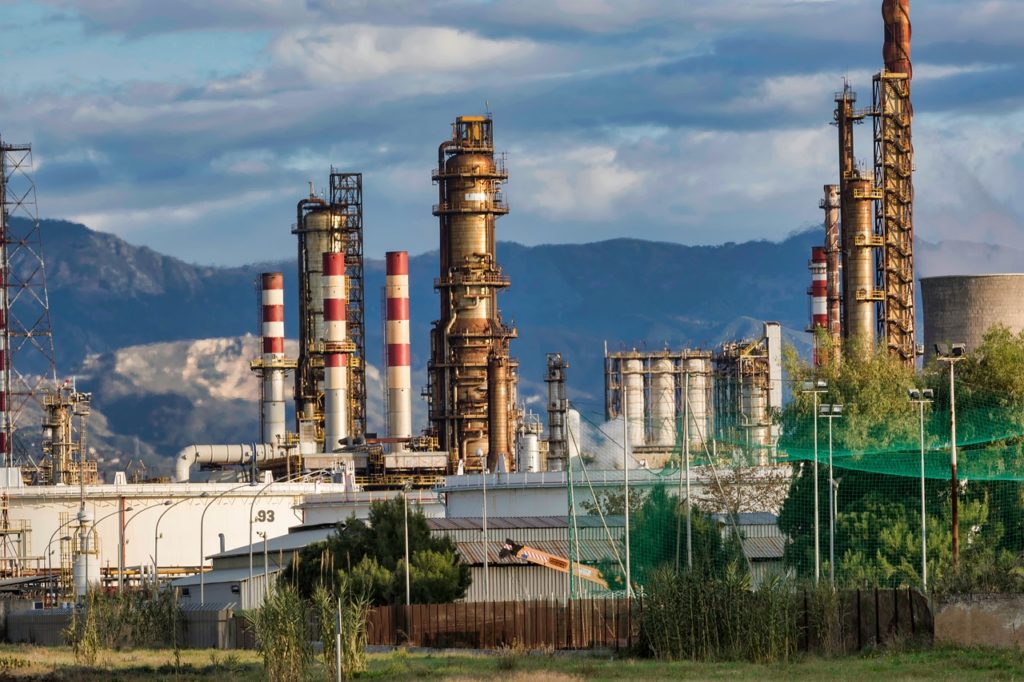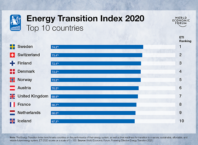Table of Contents
Along with the outbreak of COVID-19 pandemic around the globe the gulf region is emerging as the epicenter of an emerging storm in the name of an oil price meltdown.
The emerging oil prices meltdown storm calls for careful formulation of effective trading policies on India’s part with 8 gulf countries.

Factors Responsible For Rock Bottom Oil Prices
The demand-supply mismatch due to global lockdown caused by outbreak of COVID-19 pandemic has reduced the consumption of hydrocarbons, the economic drivers of gulf economies
- A report published by Goldman Sachs states that due to COVID-19 the consumption of crude oil by the world is decreased by 28million bpd.
- And because there is excess supply over demand it has brought oil prices down having fallen by 55%.
Another factor responsible for oil prices hitting rock bottom is that there is no consensus among the Organisation of Petroleum Exporting Countries and other crude producers due to Saudi-Russia tussle.
Economic Impacts Of Oil Price Meltdown
India’s economic ties with gulf economies rests upon two factors:
The Economic Factors
India’s trade with gulf was around $162 billion in 2018-19 which is almost a fifth of its global trade. The trade is dominated by import of crude oil and natural gas worth nearly $75 billion.
Positive Impact: Being heavily dependent on the import of cure oil for meeting its energy needs, a sharp decline in oil prices will help India to bridge its current account deficit.
Negative Impact: Lower generation of oil revenues by the gulf states will decrease the bilateral trade and investment and holds the potential to add to India’s current financial stress.
India’s Diaspora
There are around 9 million Indian expatriates in gulf states which remitted nearly $40 billion back to home in 2019-19.
Impact
– Decrease in the global demand of Crude oil will reflect in decline in fresh recruitment, lower salaries, and the local employers in turn forcing expatriates to return to their indeginous place.
– Increasing vulnerability to the pandemic as the social distancing norms as very difficult to implement in densely populated camps of Asian expatriates.
– The returning of Indian expatriates will put a huge load on India’s already overburdened economy and employment sector.
India’s Road Ahead
For short terms India needs to formulate some contingency plans and should enhance its capacity to handle COVID-19 cases among the Indian expatriates and try avoiding panic among its nationals.
For Long terms both India and Gulf economies need to find new drivers that would diversify their economic ties and protect themselves from such immediate shocks.
Gulf Countries
The Persian gulf region consists of 8 countries which are:
- Bahrain
- Iran
- Iraq
- United Arab Emirates(UAE)
- Saudi Arabia
- Qatar
- Kuwait
- Oman



